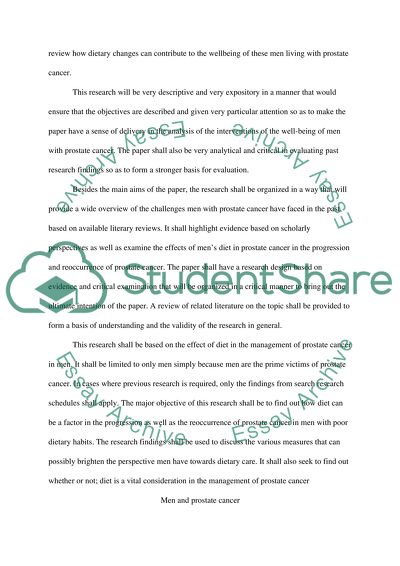Cite this document
(“The effects of masculinity of men's diet in prostate cancer Research Paper”, n.d.)
Retrieved de https://studentshare.org/health-sciences-medicine/1392638-the-effects-of-masculinity-of-mens-diet-in-prostate-cancer-progression-and-reoccurence
Retrieved de https://studentshare.org/health-sciences-medicine/1392638-the-effects-of-masculinity-of-mens-diet-in-prostate-cancer-progression-and-reoccurence
(The Effects of Masculinity of men'S Diet in Prostate Cancer Research Paper)
https://studentshare.org/health-sciences-medicine/1392638-the-effects-of-masculinity-of-mens-diet-in-prostate-cancer-progression-and-reoccurence.
https://studentshare.org/health-sciences-medicine/1392638-the-effects-of-masculinity-of-mens-diet-in-prostate-cancer-progression-and-reoccurence.
“The Effects of Masculinity of men'S Diet in Prostate Cancer Research Paper”, n.d. https://studentshare.org/health-sciences-medicine/1392638-the-effects-of-masculinity-of-mens-diet-in-prostate-cancer-progression-and-reoccurence.


